ADHD tests our patience and our ability to keep kids focused!
However, there are ways to dissipate energy, train focus and deal with anger or tantrums fueled by lower executive function abilities.
This guide lists great resources and people to help you on your journey to better mental health. Let's dive in...
Frustrations Parents Deal With:
Difficulty with daily routines: Completing simple tasks like getting dressed, brushing their teeth, and getting ready for school is usually tough. Parents may need to provide constant reminders and support to help their child complete these tasks.
Poor impulse control: Difficulty with controlling impulses can lead to impulsive behaviors such as interrupting others or acting out in inappropriate ways. This can be challenging for parents who may need to monitor their child’s behavior and provide consistent discipline.
Difficulty with social interactions: Struggles with social skills such as taking turns and reading social cues can make it challenging for parents to help their child make friends and build positive relationships with peers.
Academic difficulties: Concentration, organization, and completing homework assignments is a tougher challenge. This can be frustrating for parents who may need to provide extra support and work closely with teachers to help their child succeed academically.
Emotional dysregulation: Managing their emotions and intense mood swings are frequent behavioral complaints. This means parents need to help manage and provide extra emotional support for their child.
Hyperactivity: ADHD often means having a lot of energy and struggles with sitting still, which can make it challenging for parents to manage their child’s behavior in public places or during family gatherings.
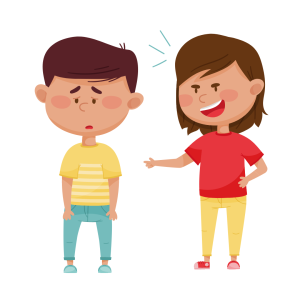

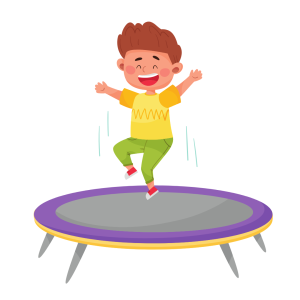
Helpful Activities:
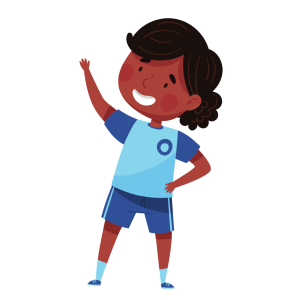


There are several activities that can be helpful for individuals with ADHD, as they can help improve attention, focus, organization, and impulse control. Some of these activities include:
Exercise: Regular physical exercise has been shown to improve cognitive function and attention in individuals with ADHD. Exercise can also help reduce impulsivity and hyperactivity, and improve mood.
Mindfulness meditation: Mindfulness practices, such as meditation, can help improve attention and focus, reduce stress and anxiety, and enhance emotional regulation.
Yoga: Yoga combines physical exercise, mindfulness, and breathing techniques, making it a holistic approach to managing ADHD symptoms. It can improve flexibility, balance, and coordination, as well as reduce stress and anxiety.
Cognitive-behavioral therapy (CBT): CBT is a type of talk therapy that focuses on identifying and changing negative thoughts and behaviors. It can help individuals with ADHD develop coping strategies, improve organizational skills, and manage impulsivity.
Art therapy: Engaging in creative activities, such as drawing, painting, or sculpting, can help individuals with ADHD improve focus and attention, reduce stress and anxiety, and enhance self-expression.
Music therapy: Playing an instrument or listening to music can help improve focus, reduce stress and anxiety, and enhance mood. It can also improve cognitive function and memory.
Outdoor activities: Spending time in nature, such as hiking, camping, or gardening, can help reduce stress and anxiety, improve mood, and enhance attention and focus.
Educational Articles:
- Understanding ADHD in Children: A Comprehensive Guide for Parents
- Understanding ADHD in Girls: Symptoms, Coping Strategies, and Impact
- The Difference between ADD and ADHD: Symptoms and Supporting Your Child
- Preparing to Discuss ADHD Symptoms with a Medical Professional (Checklist)
- Discussing ADHD With Your Child’s Teacher (Checklist)
- Understanding Rejection Sensitivity Disorder and It’s Impact on Children’s Development + Strategies for Support
Professionals:
Benjamin Mizrahi
ADHD learning professional helping children perform better in school and families improve dynamics at home.
Dr. Jen Wolkin
Harvard-trained Neuropsych and author of of Quick Calm which is training support for mindfulness you can do in 5 mins per day.
Brittany S Hochstetler
More Resources:
ADDitude Magazine
Longest running publication specializing in ADD/ADHD. Publishes peer reviewed, evidence based articles, strategies, guides and more.
Children and Adults with Attention-Deficit /Hyperactivity Disorder (CHADD)
Education, advocacy, resources and local supports for both adults and children with ADHD. Visit the parent portal here:
Products for ADHD
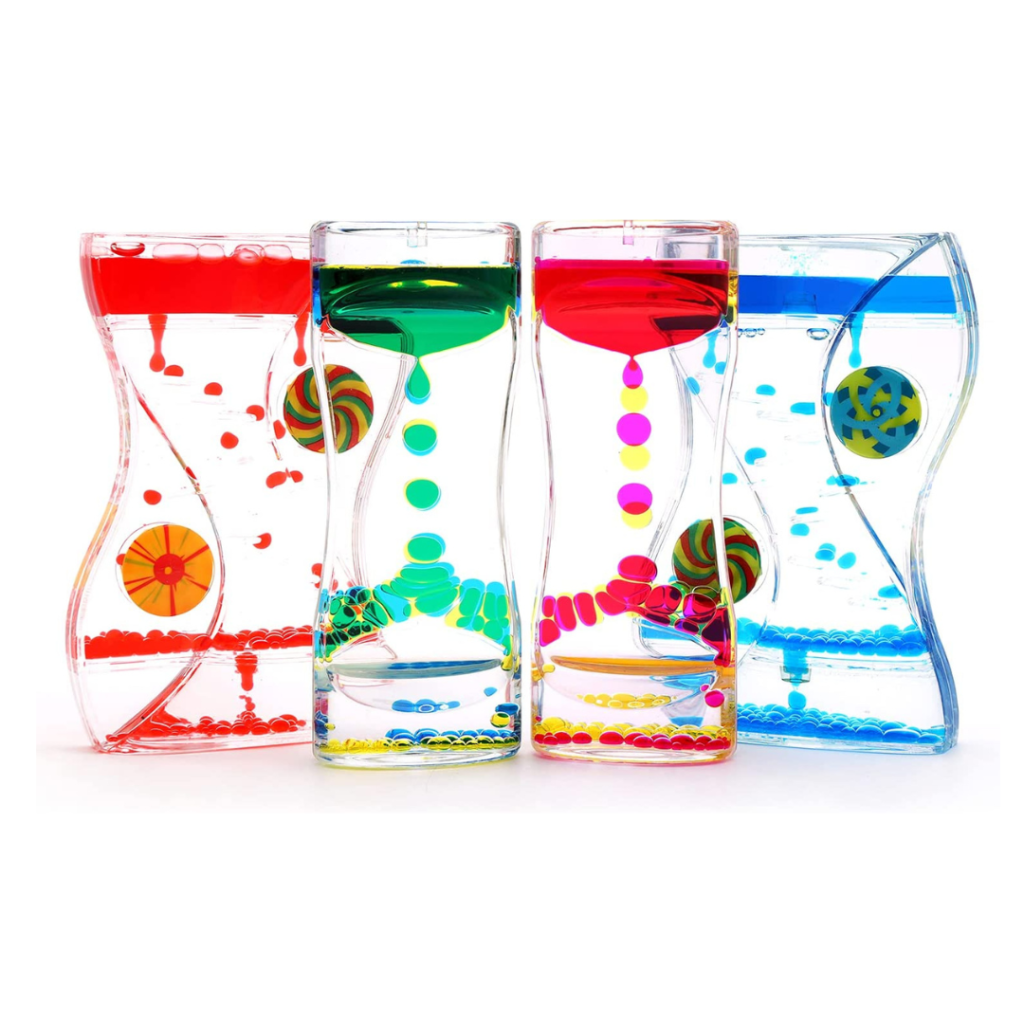
Liquid Motion Bubbler for kids (4 pack)
The slow movement, vibrant colors, and smooth droplets can help children and adults refocus, let go of stress or anxiety. It can be used as a visual timer clock for kids with autism & ADHD. Also, NO batteries required, NO ticking sounds or alarms.

Liquid Motion Bubbler for kids (3 pack)
A great relaxation toy for sensory play that helps refine visual tracking skills with its rhythmic flow of bubbles. This gentle fidget toy is engaging and relaxing for children needing support for anxiety or nervous energy.

SHASHIBO Shape Shifting Box
This fidget magnet cube makes a great sensory stimulation puzzle and STEM activity. With every satisfying click the shape shifting puzzle box provides a calming, therapeutic effect that soothes stress & nerves.

Wobble Balance Board for Kids (Montessori design)
Balance board training has been shown to be very effective for reducing ADHD symptoms and improving concentration and reading skills. That’s because it stimulates the cerebellum part of the brain, which has bridges to the frontal part of the brain where the problems associated with ADHD typically originate.

360 Degree Wobble Balance Board for Kids
Balance board exercises enhance reading comprehension and fluency, as well as improve concentration by strengthening the bridges between the frontal brain and the cerebellum. This 360 degree balance board takes this concept to the next level while making it more engaging for a child to use regularly.
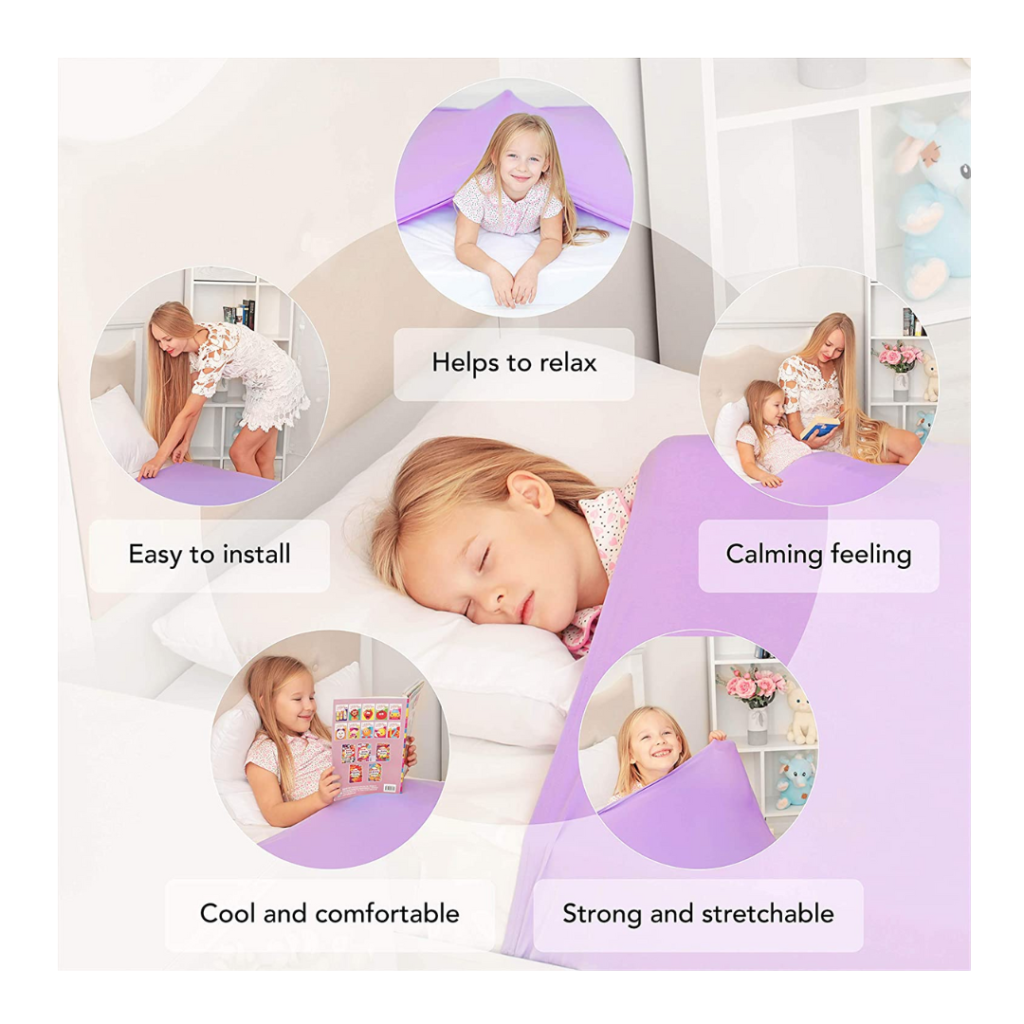
Sensory Compression Blanket / Bed Sheet for Kids
Deep touch pressure therapy promotes the release of oxytocin. Oxytocin is an important neurotransmitter that helps kids feel relaxed, calm and generally happy. This sheet might help kids with ADHD and feel relaxed so they sleep through the night because of a deep pressure feeling of being hugged or held.

Genius Drops Brain Supplement For Focus And Attention
Gingko biloba, hibiscus, peppermint, licorice, & rhodiola root come together to create an organic focus drops for kids. No bad taste and clinically proven to help 85%+ kids achieve concentration and focus in under 3 weeks.

Nootropic Focus Supplement with Ginkgo Biloba & Astragalus
Adaptogenic and nervine herbs support the body’s ability to recover from and resist stressors, calm the nervous system and support your child’s ability to focus, while nootropics help improve and enhance focus. This herbal blend is a great alterative relaxing solution as well as support for better attention.

Children’s Omega-3 with EPA & DHA For Brain Development
Omega-3 fatty acids have been suggested to influence the synthesis, release, and reuptake of various neurotransmitters, such as dopamine and serotonin, which are involved in attention, motivation, and impulse control. Improving neurotransmitter function could help alleviate ADHD symptoms.

Focused Ninja: A Children’s Book About Increasing Focus and Concentration at Home and School
Teaches kids the F.O.C.U.S. strategy and other practical methods to tackle relatable ADHD oriented difficulties. Perfect for younger readers! It features really basic, but effective, strategies for helping maintain attention.

Thriving with ADHD Workbook for Kids: 60 Fun Activities to Help Children Self-Regulate, Focus, and Succeed
Helps a child self analyze symptoms, find matching strategies and even teaches kids the Sandwich method for better social interactions and communication.
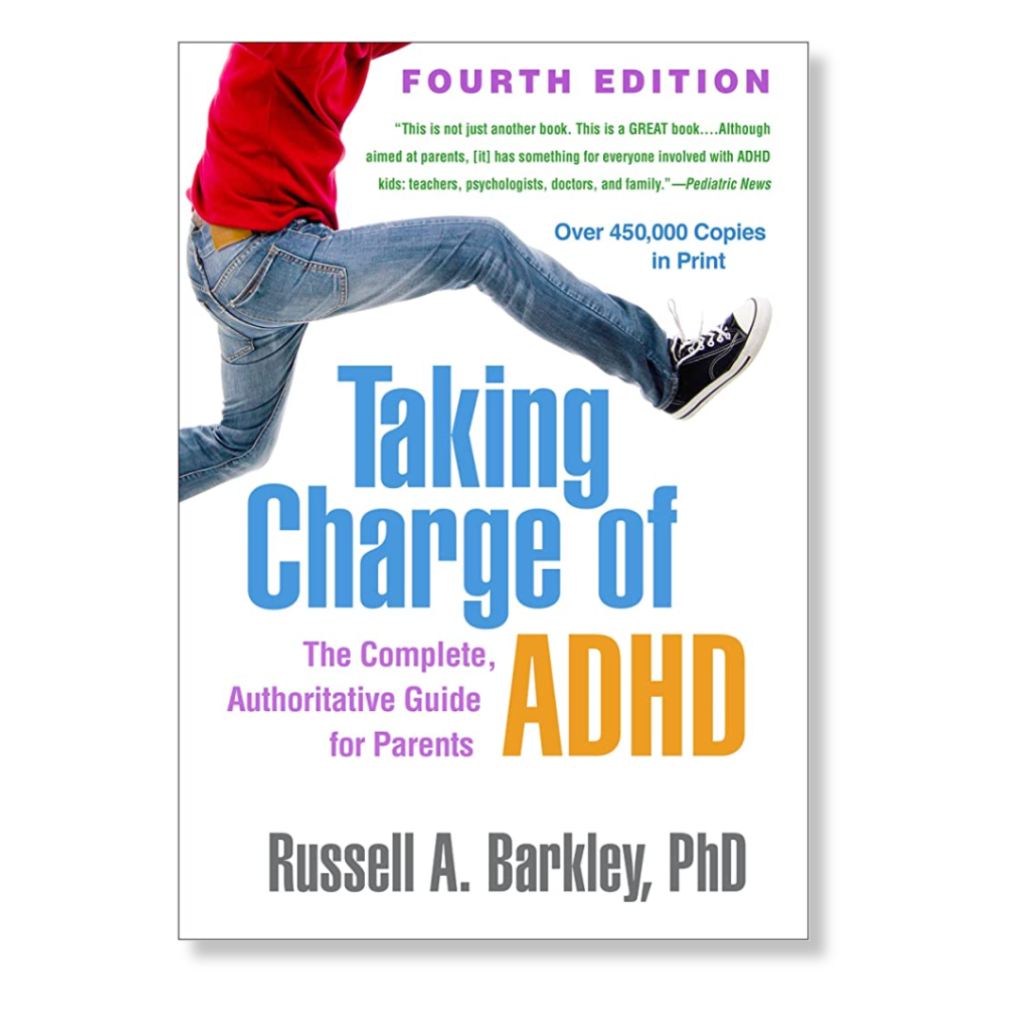
Taking Charge of ADHD: The Complete, Authoritative Guide for Parents
Provides how-to guidance in a straightforward, step-by-step format including helpful tips for dealing with evaluation, behavior challenges, working with schools and teachers, managing medications, and navigating teen years.

